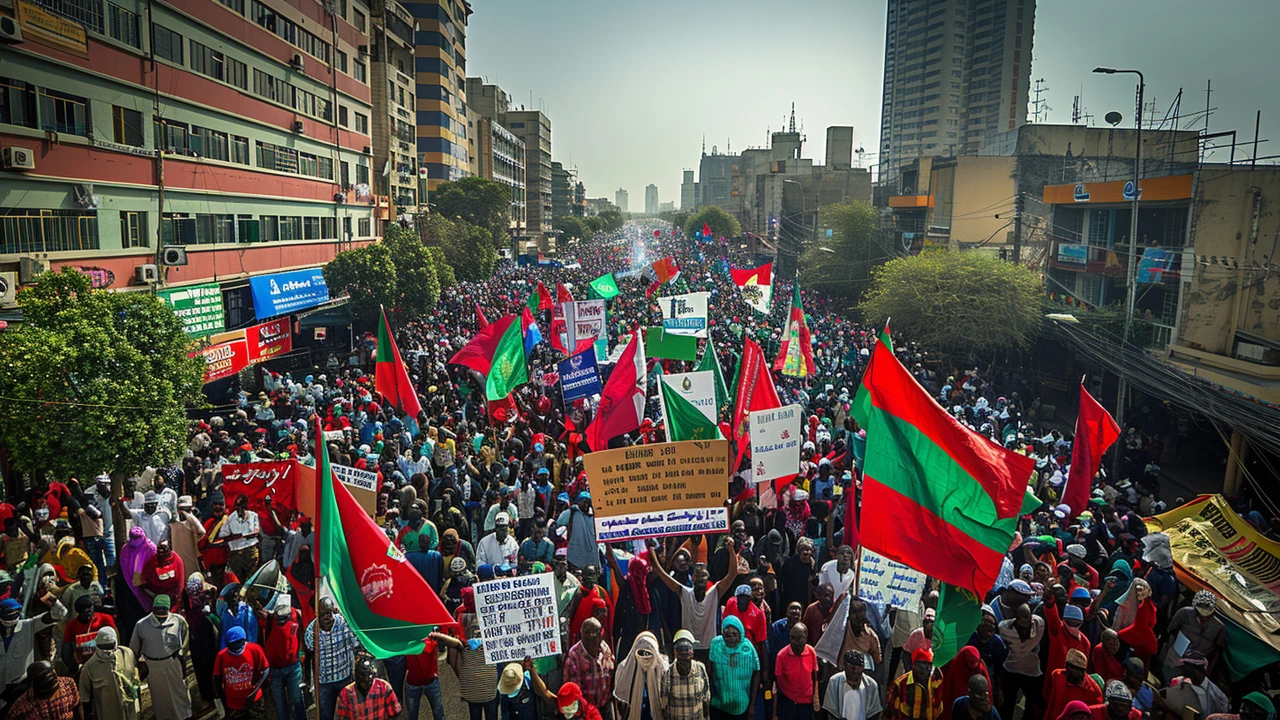Understanding the NLC Strike and Its Impact in South Africa
If you've heard about the NLC strike making headlines recently, you're probably wondering what it means and why it's happening. The NLC, or National Labor Council, is an important body representing workers, and when they decide to strike, it can affect many sectors across South Africa.
Strikes by the NLC are usually driven by key issues like wage negotiations, working conditions, or government policies that workers believe are unfair. When the council calls for a strike, it’s often a sign that talks between workers and employers or the government have hit a dead end.
Why Is This NLC Strike Important?
The latest strike organized by the NLC has caught a lot of attention because it involves a large number of workers across different industries. This kind of coordinated action shows how seriously employees take their demands. If you're an employee, a business owner, or someone dependent on services from affected sectors, this strike could disrupt daily routines significantly.
One practical thing to note is how strikes like this can impact transportation, public services, and even supply chains. It’s a ripple effect—once workers stop work, many other services feel the pinch.
What You Can Do During the NLC Strike
If you're caught in the middle of this strike, whether as a worker or a consumer, the best approach is to stay informed from reliable news sources. Check updates about which services are running and which are affected. For workers, understanding your rights and the strike’s legal status is crucial, so consulting labor representatives or legal advisors is a good move.
Employers should also prepare contingency plans to keep essential services going and communicate clearly with their teams. Remember, strikes are often a last resort, so staying open to dialogue benefits everyone in the long run.
So, what’s next for the NLC strike? Negotiations could take some time, but the goal typically is to reach an agreement that addresses workers’ concerns without dragging on too long. Watching how the government and employers respond will be key.
Keeping abreast of the strike’s developments helps you anticipate potential disruptions and understand the larger story behind labor struggles in South Africa. So stay tuned, stay safe, and keep your finger on the pulse with Cape Sun News for all updates on this and more.
Nigeria Labour Unions Launch Indefinite Strike Over Wage Dispute and Electricity Hike
The Nigeria Labour Congress and the Trade Union Congress have initiated an indefinite strike on June 3rd to protest the government's refusal to increase the minimum wage and reverse the electricity tariff hike. Both unions have united in their demand for a N615,500 minimum wage, citing the high cost of living and inaction on the part of the government.

